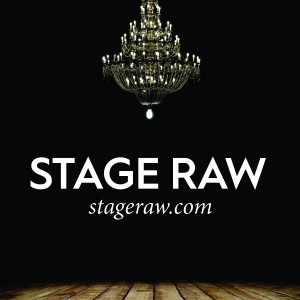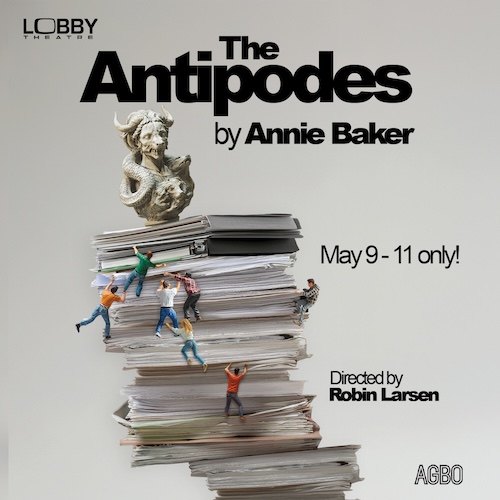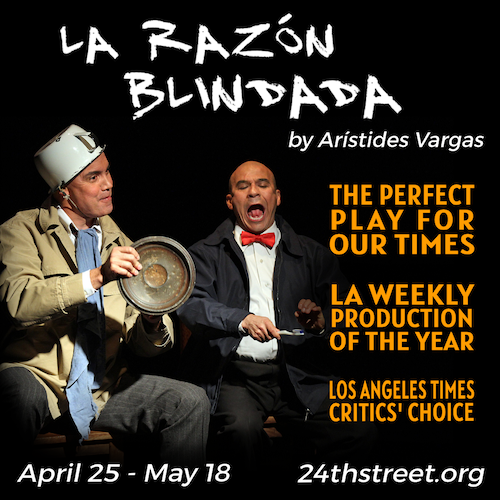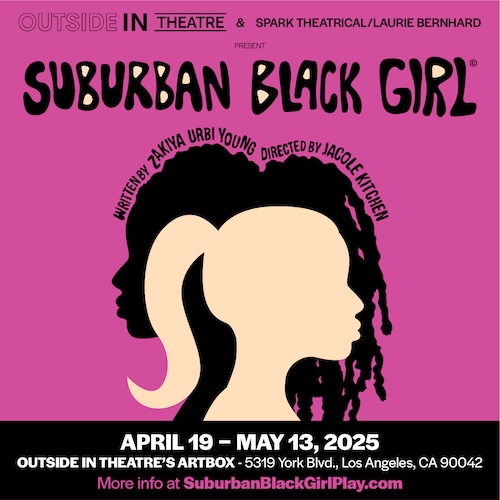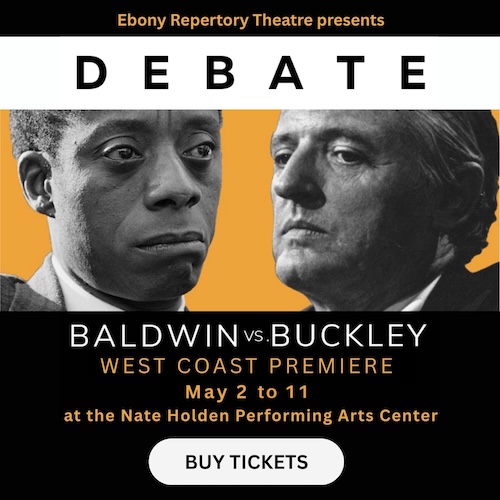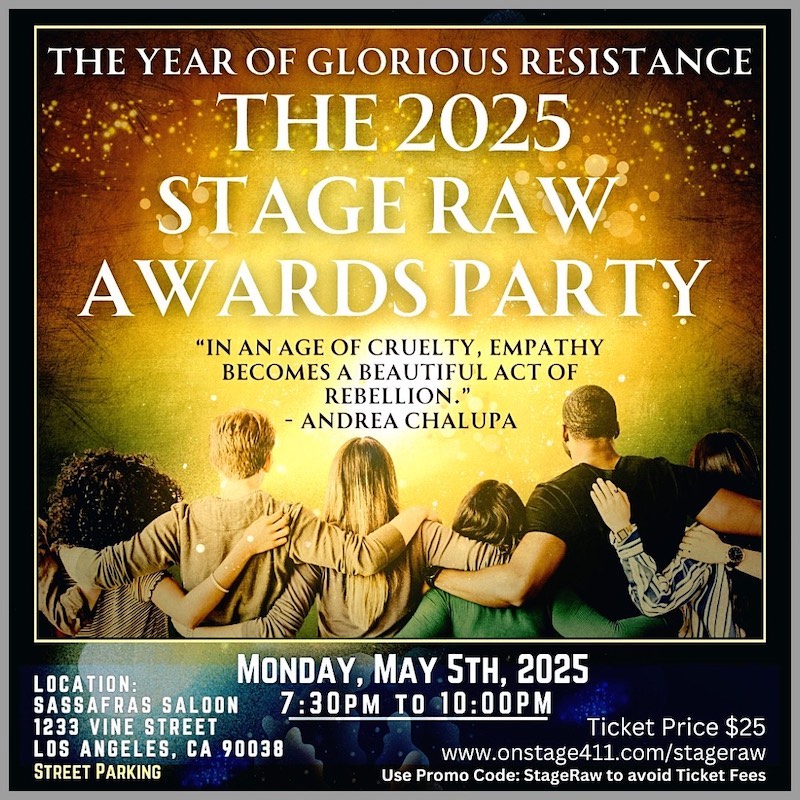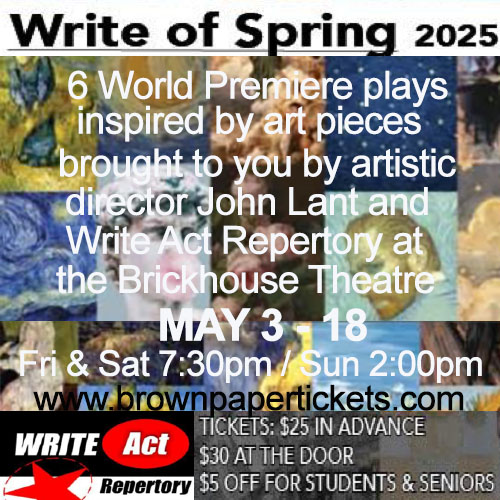The Reverend JEAU’s Revival
Reviewed by Lara J. Altunian
The Hobgoblin Playhouse (Hollywood Fringe Festival)
Closed
The Reverend JEAU’s Revival (written by Joshua Raff, Lizz Leiser, and Ricardo Delgado) is a comic look at one man’s voyage through drugs, unrequited love, forest adventures, forgiveness, and, finally, self-actualization. Raff, who plays the character, recounts his journey leading up to becoming the Reverend Dr. JEAU (Joshua Ezekiel Abraham Ulysses) in a deluded evangelical sermon that channels a hip-hop concert. Simultaneously entertaining and exhausting, Dr. JEAU holds a personal charm that allows viewers to go along with his self-mocking appropriation of black culture. However, the end result is a show that lacks both synchronicity and self-awareness.
Dr. JEAU’s over-the-top preaching is a good way to spice up the more common tales of love-gone-awry. Raff’s character had the audience laughing loudly at his clever one-liners, goofy velour robes (which he would switch out between chapters), and his ability to comfortably break the fourth wall and incorporate viewers into his acts. Presented in a series of anecdotes that make up the reverend’s Book of Raff, each chapter of his life is performed as an original song (music by Jordan Battiste; lyrics by Raff) describing his descent to rock bottom and his eventual new-found ability to love himself.
JEAU’s odyssey across America and through heartbreak leads him from the life of a Wolf of Wall Street-esque marketing big shot to a lonely beaver trapper before his “Founding of the Church of the Lost…And Found.” He explains his epiphany in the song “ALWG” (or Average Looking White Guy) as he embraces his true identity as a man of “ok” talent living in a world of more “ok” people, among which he hopes to find his own average-looking white girl to love. Self-realization leading to self-love is the final word of the evening.
JEAU’s fur-trapping chapter (“Escape to Appalacia: Part 1”) is a high point both energetically and conceptually, but what’s best about it is its percipience. It is the one point in the show when JEAU seems to truly embrace his average whiteness. Sadly, the play reverts back to the spectacle, and loses whatever it had accomplished in momentum and authenticity.
What actually makes self-proclaimed “ALWG” JEAU ordinary is not the way he looks, but rather that the reverend is just another white guy appropriating African American tropes in his speech and songs. The message of self-love is lost when the character claims to have accepted who he really is, but in reality is just using cultural appropriation to present the audience with that message. And that’s definitely something viewers have seen before.
The Hobgoblin Playhouse, 6520 Hollywood Blvd., Hollywood; Closed. https://www.hollywoodfringe.


